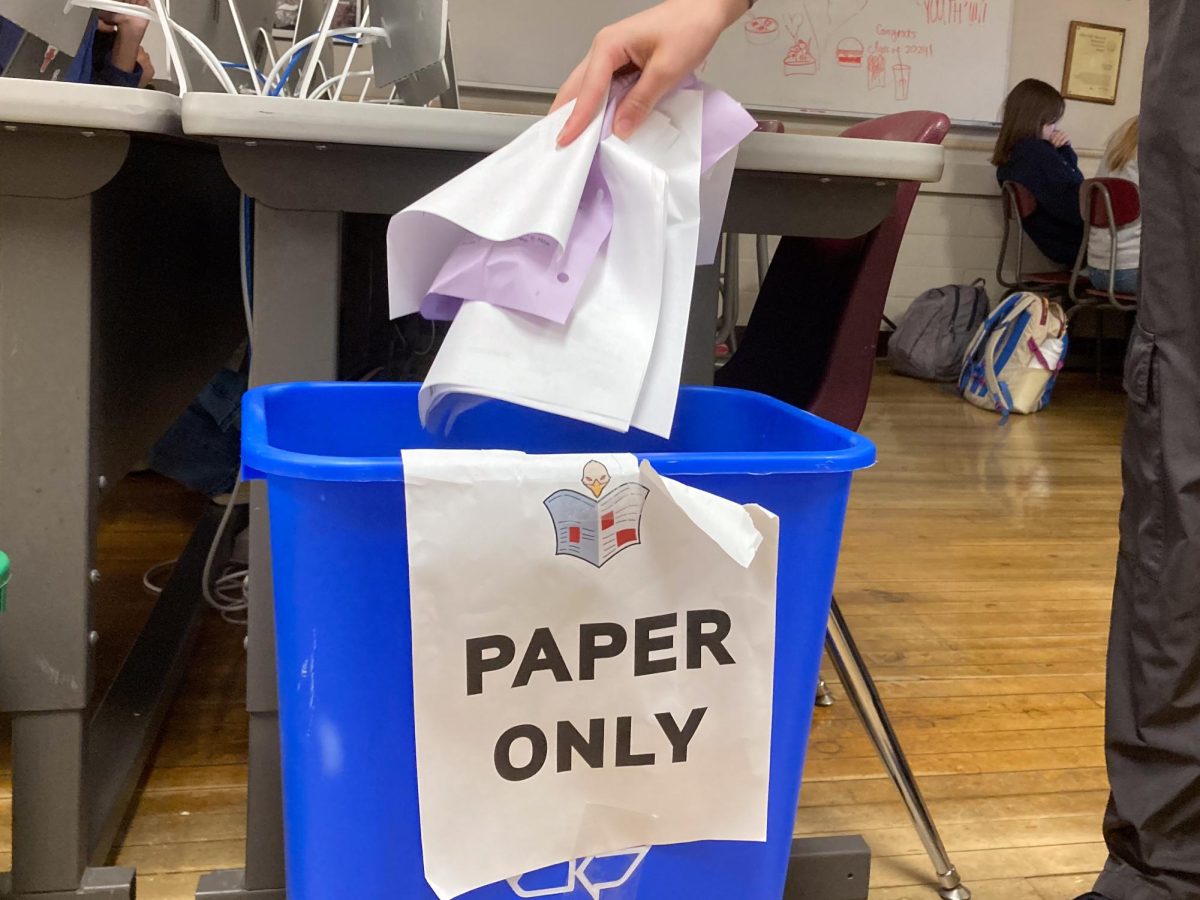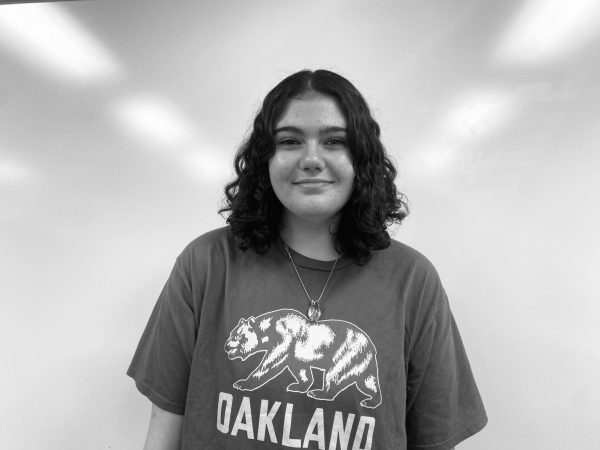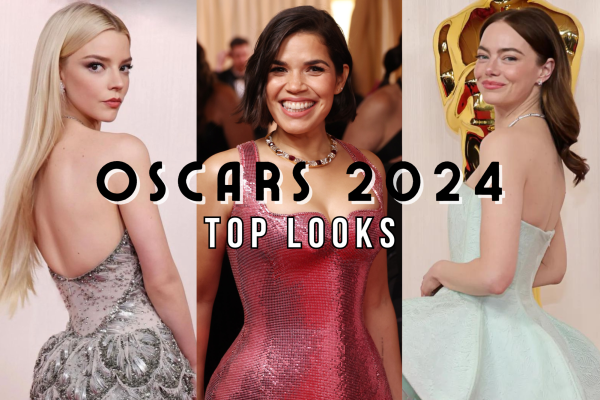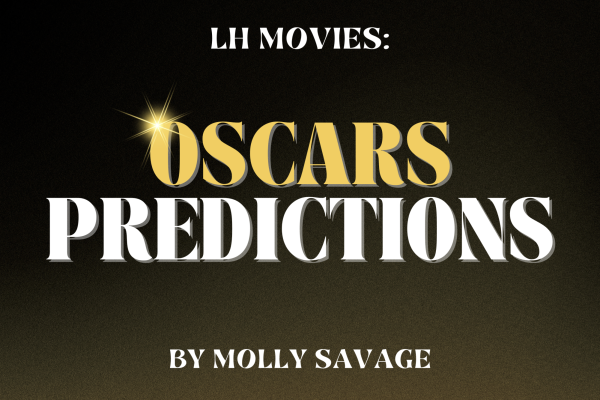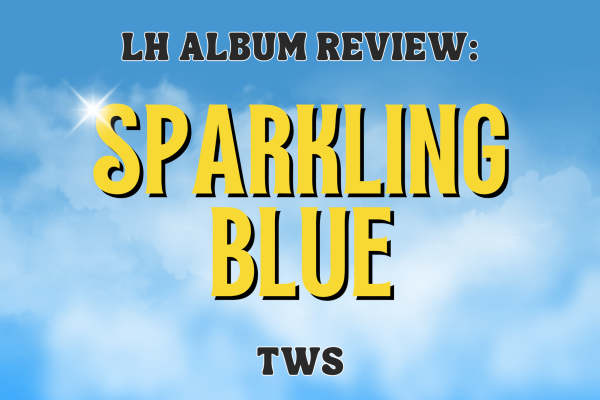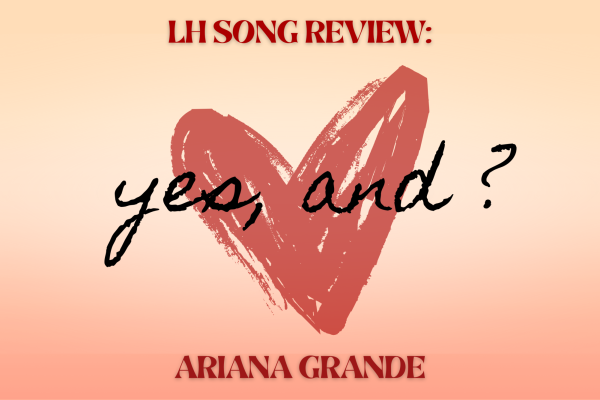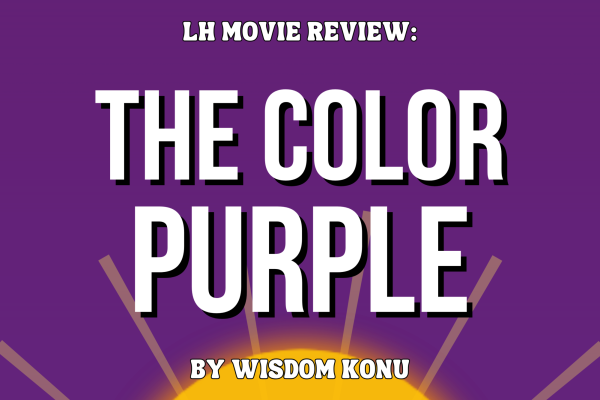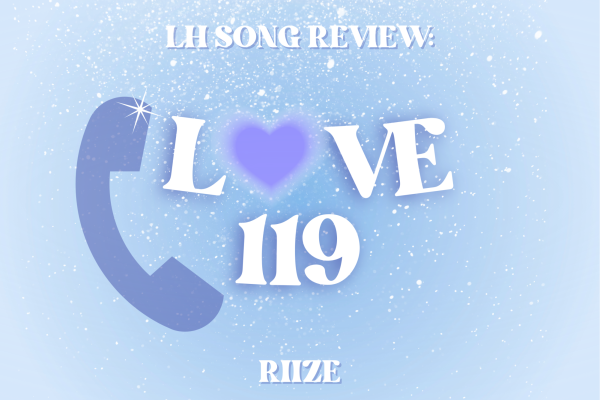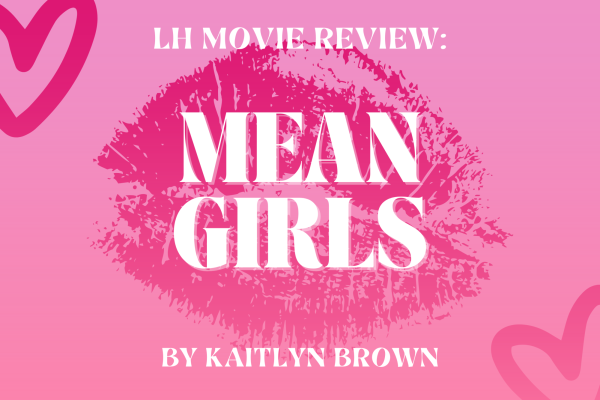City Responds: Forever 21 Sweatshirt Controversy
December 21, 2018
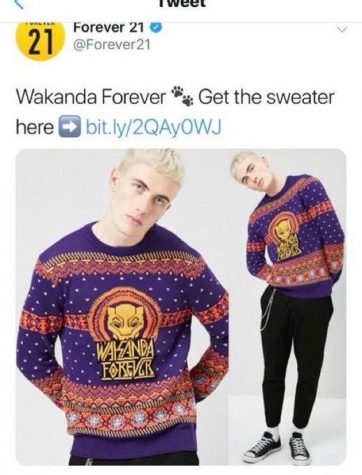
Forever 21 recently tweeted out an advertisement of a new Christmas-themed sweater that includes the phrase “Wakanda Forever” from the movie “Black Panther.” Almost immediately, there was an eruption on Twitter about the photo, as they had posed this sweater with a white, platinum-blonde model. Many felt offended, as “Black Panther” celebrated people of color and Forever 21 chose a model that didn’t represent that at all, saying Forever 21 was “canceled.” Others said that it was fine because anyone should be able to like any superhero. Forever 21 later took down their photo of this model on their website and issued an apology. I took the tweet to the students of City to find out their thoughts.
Kate Murray ‘19
“Why’d they pick a white model for a film celebrating black identity and criticizing exactly this type of colonial behavior? Like, there’s nothing wrong with a white person wanting to buy this sweater and support a movie they like but for advertising purposes it’s totally tone-deaf and in poor taste to have a white person model something that’s supposed to express black power and freedom from white people having to approve black movies/products for them to succeed. It’s essentially saying, ‘Yeah! Black power! But only as a fetishization of white people!’”
Mai Hoang ‘19
“Unless I get more context on how he was chosen to model this sweatshirt, I would say he is not necessarily to blame here because he is just doing his job as a model. Once you sign on to that track you kind of do whatever a certain designer or photographer wants.”
Rocio Stejskal ‘19
“I honestly think people are way too sensitive. I understand where it’s coming from, but it’s like, focus on bigger issues. I get it how there can be racial tension just because he is a white kid wearing it but it would have been better if you had a black guy wearing the sweatshirt. There are things that people should be offended by, but trivial, unimportant things like this that doesn’t even affect us.”
Oriana Ross ‘19
“Are we going to go in that direction and say that white people can’t wear things that black people can wear but white people can wear what white people can wear? So how does that even work? Where is the line and do we have the same line? Is there a racial line each way?”
Kenny Haneline ‘19
“It’s just a movie. It’d be better if they had an african american with it.”
Olivier Shabani ‘19
“You can’t separate movies like that. There are a lot of movies that you can consider black but they’re not. I don’t see a problem with it because it’s just an advertisement. It’s not like you’re trying to get a point across. The cast is black but the movie is for everyone. ”
Maria Flores ‘20
“It’s basically saying white people can’t do stuff. People just get offended by it.”

